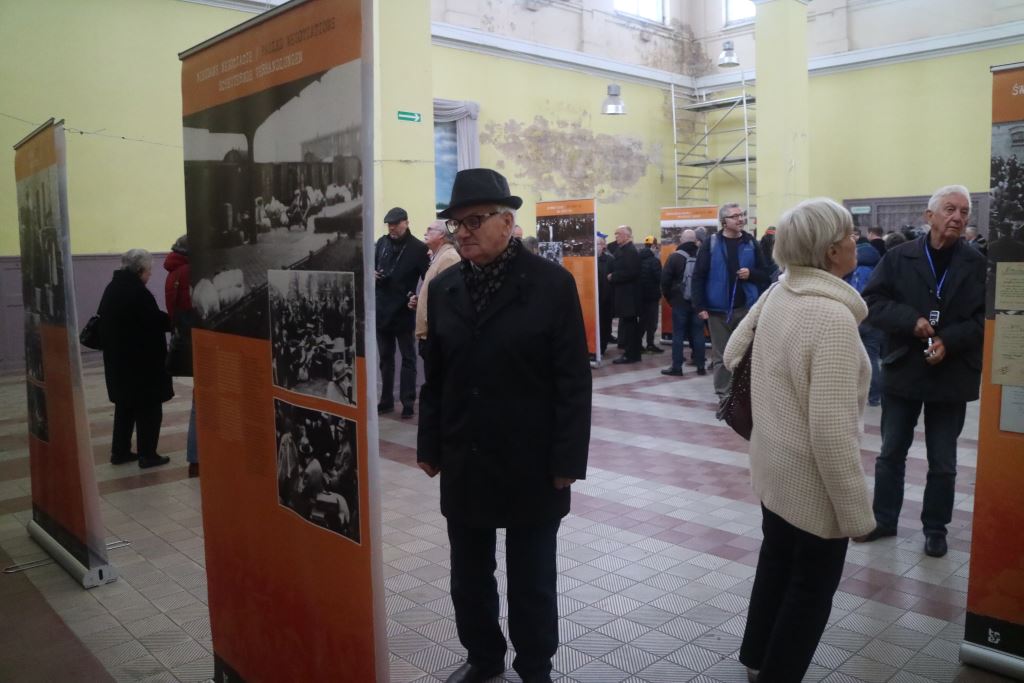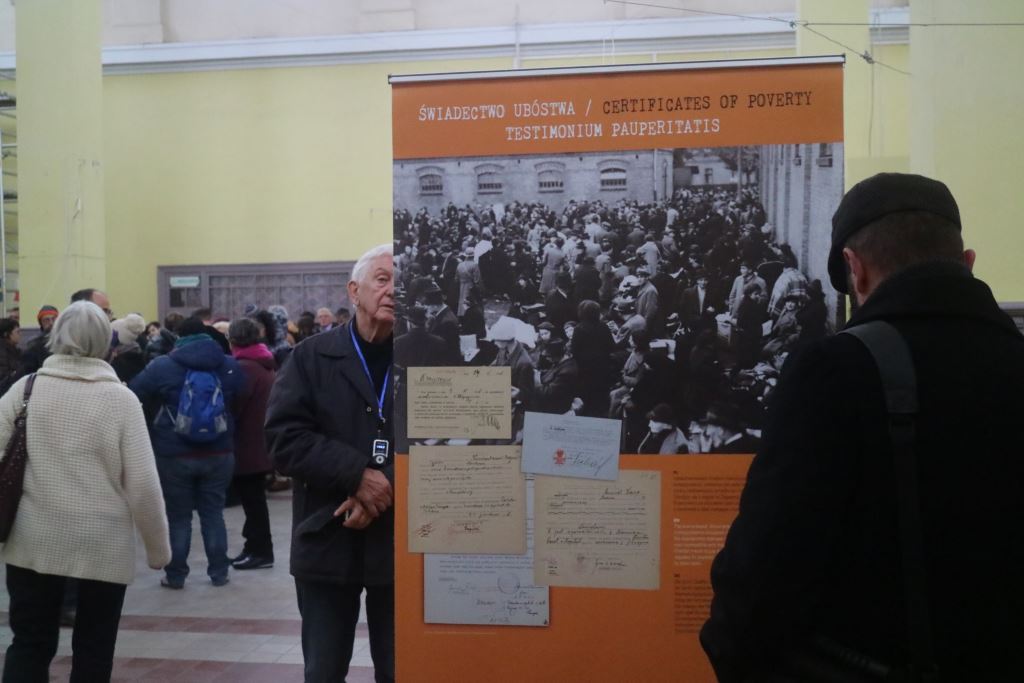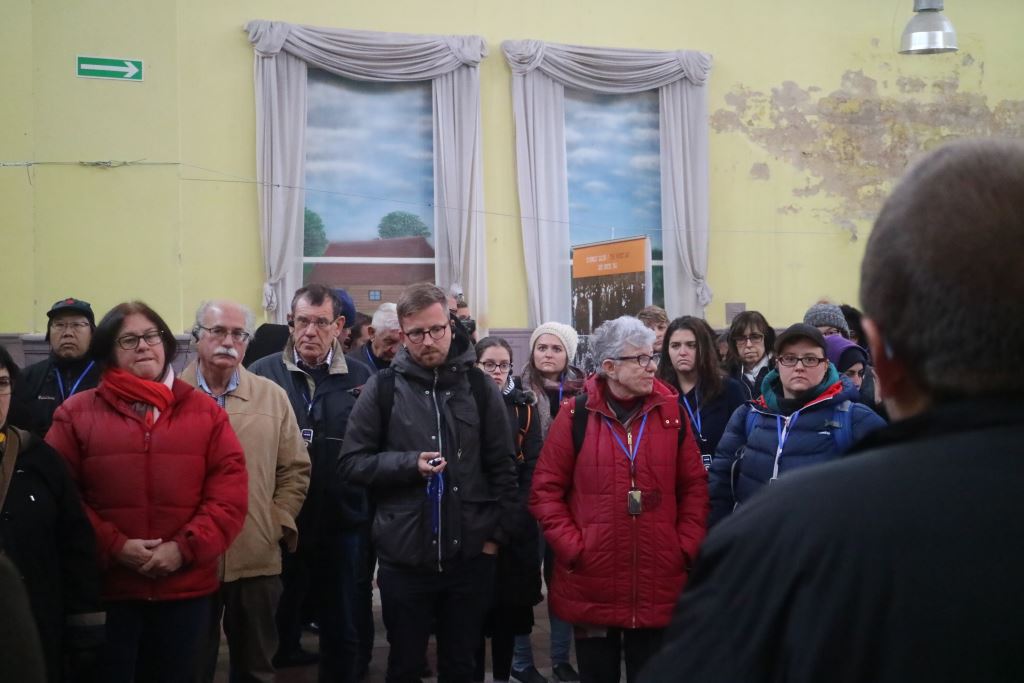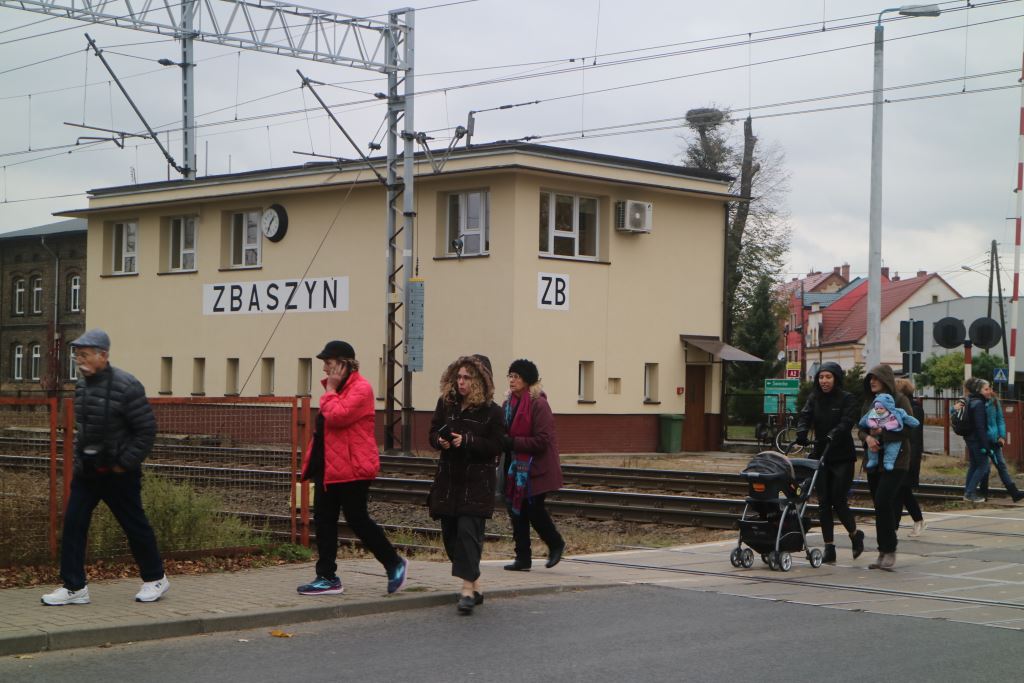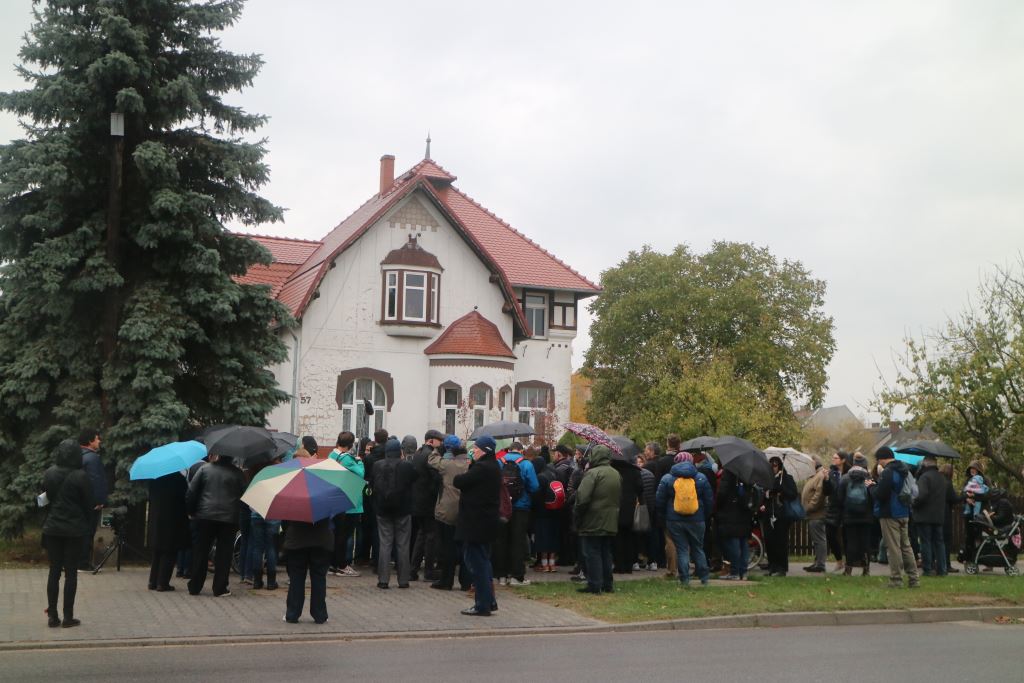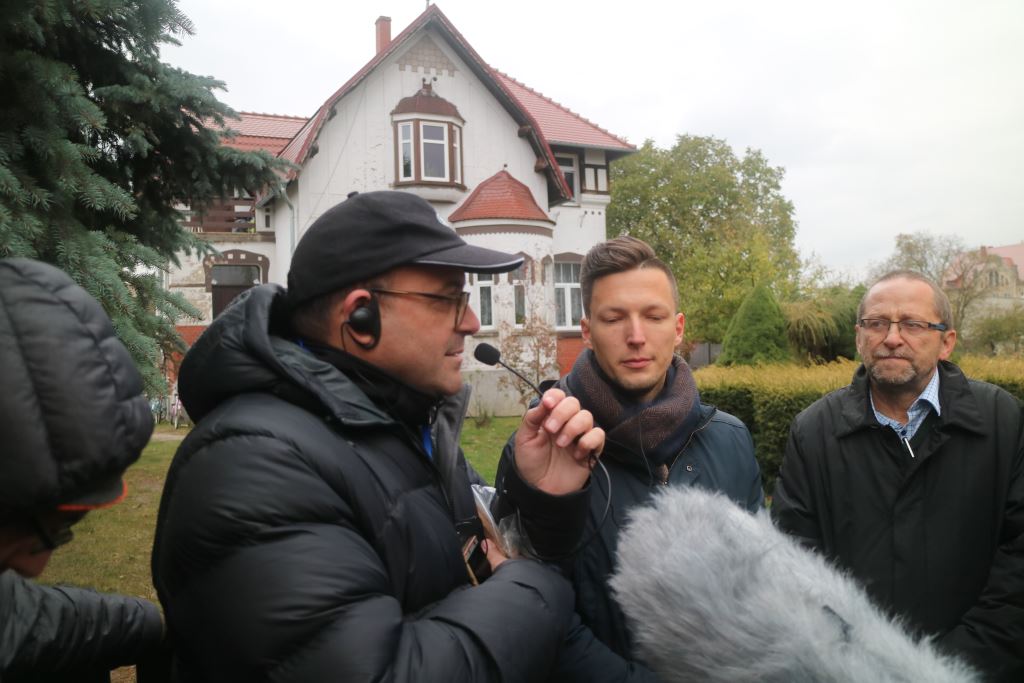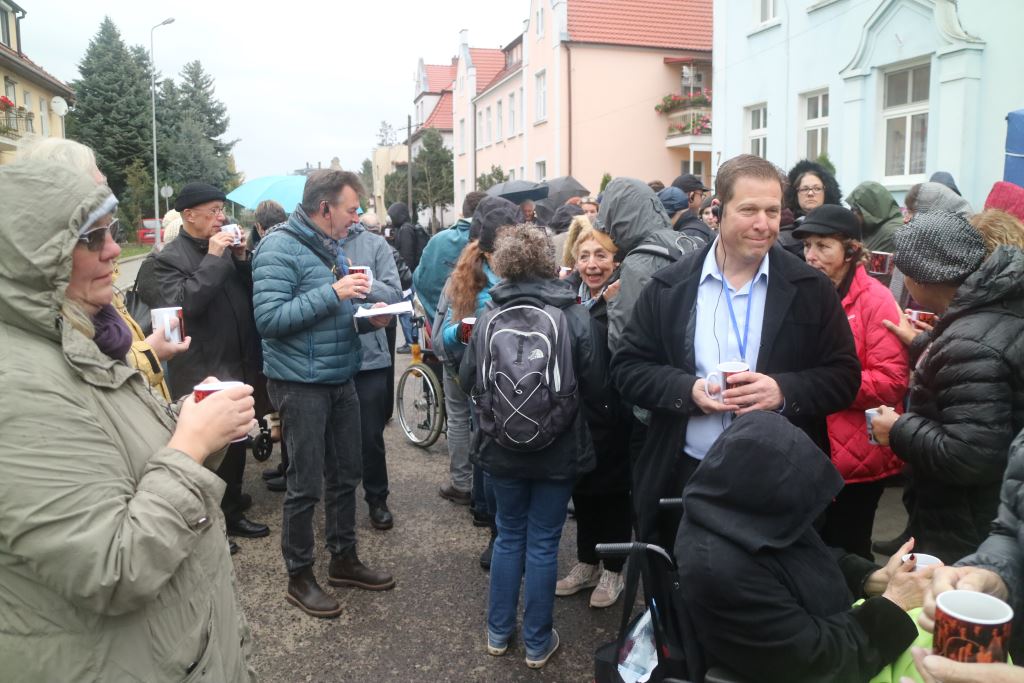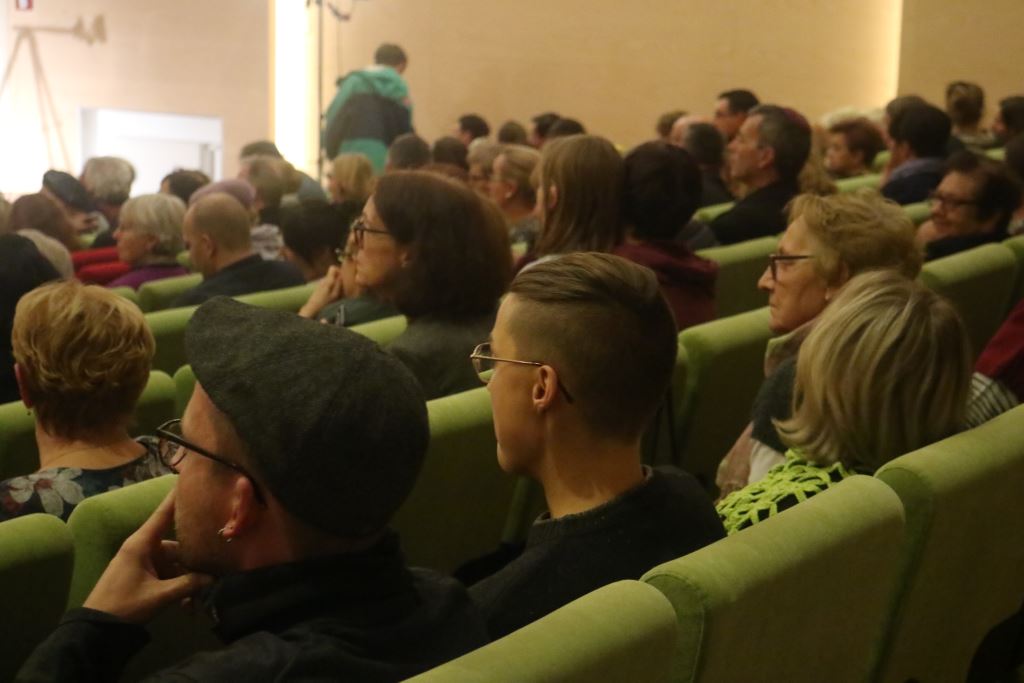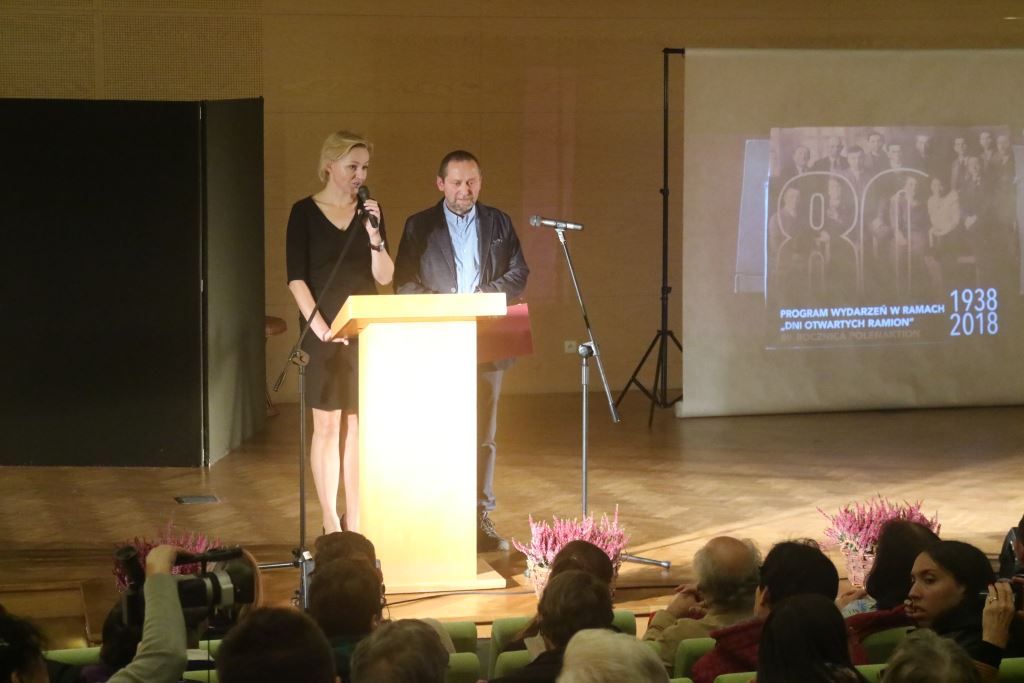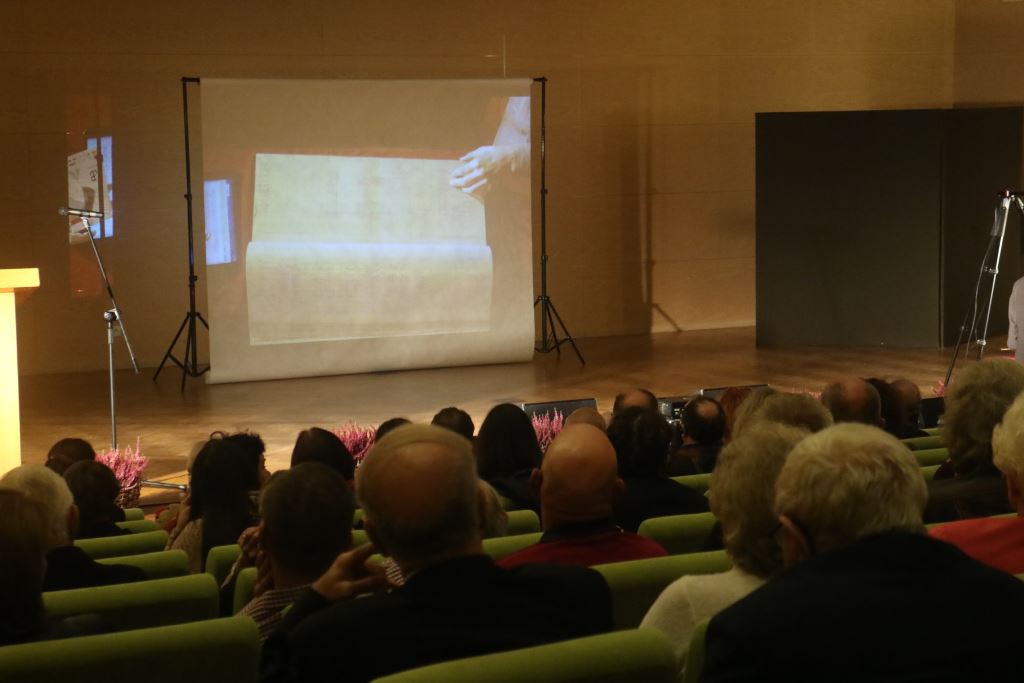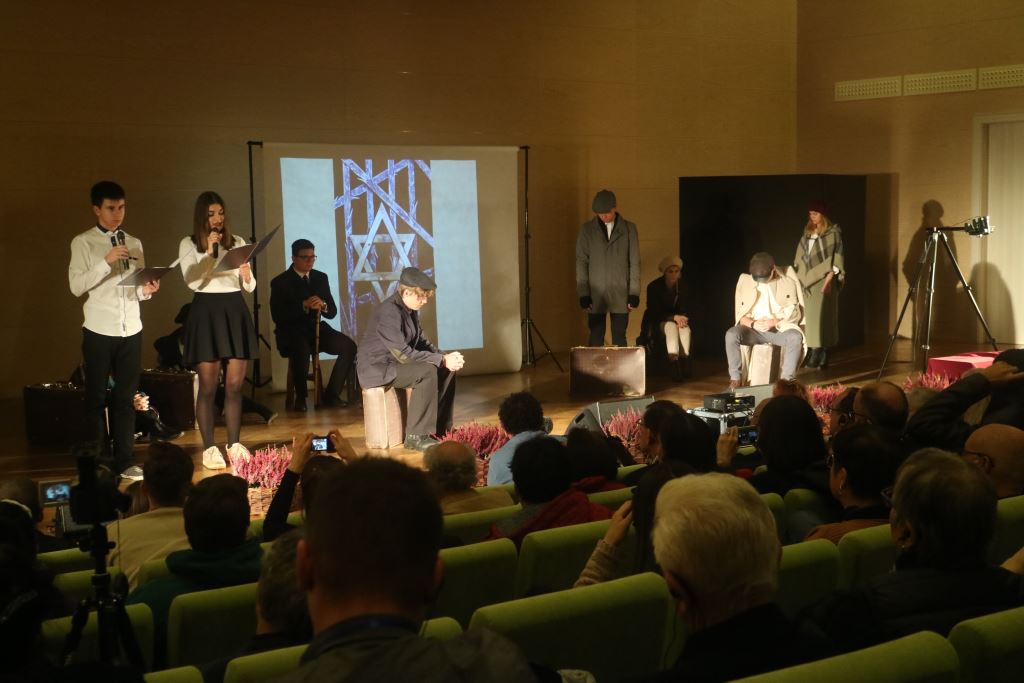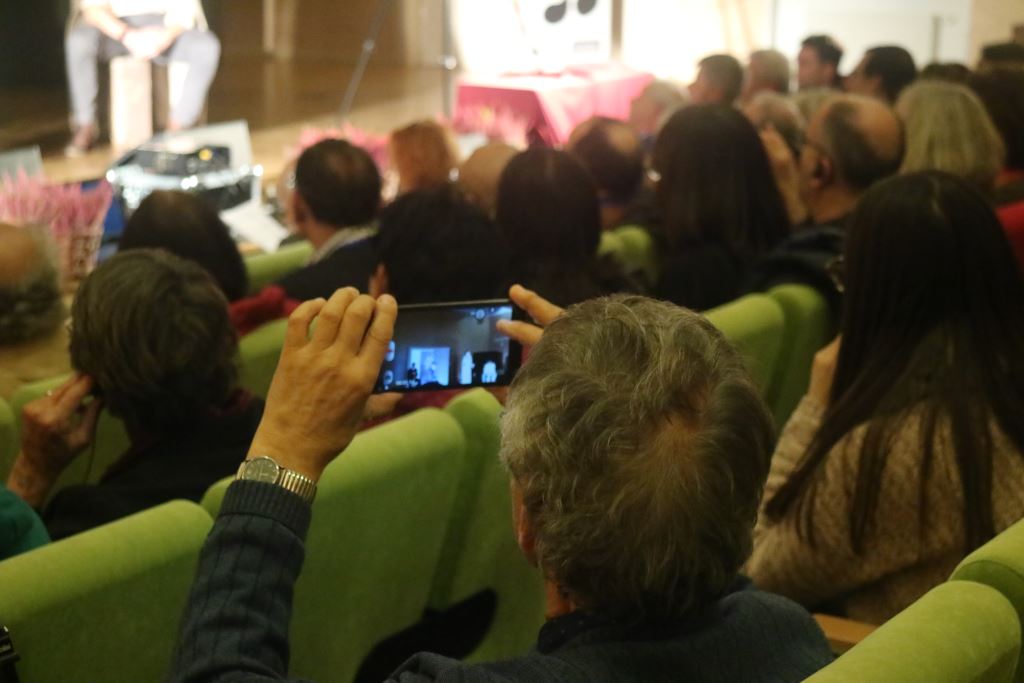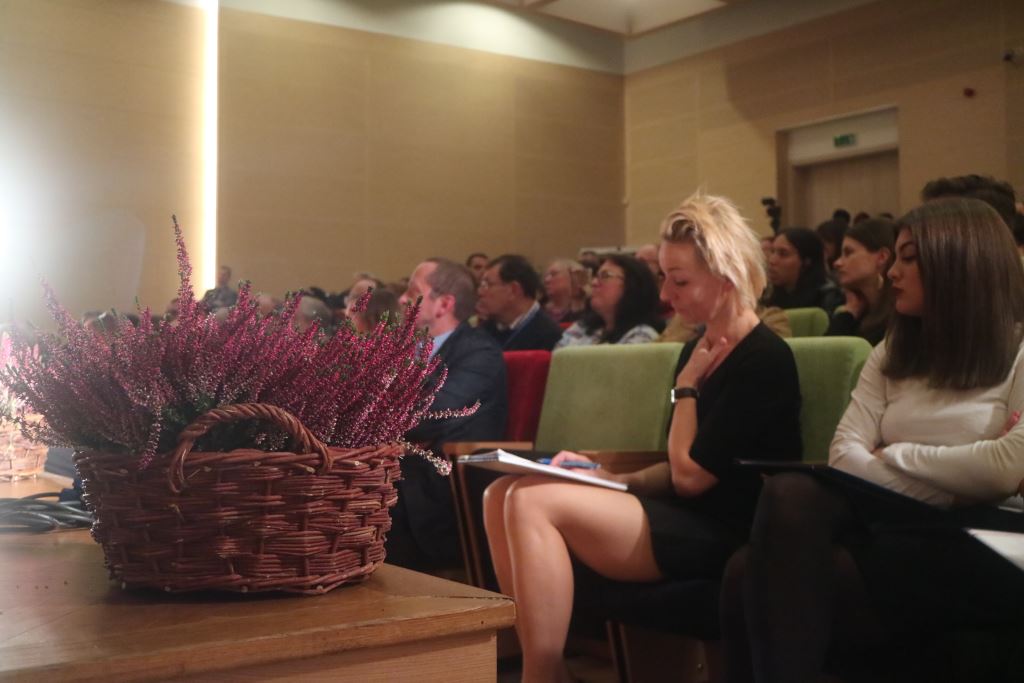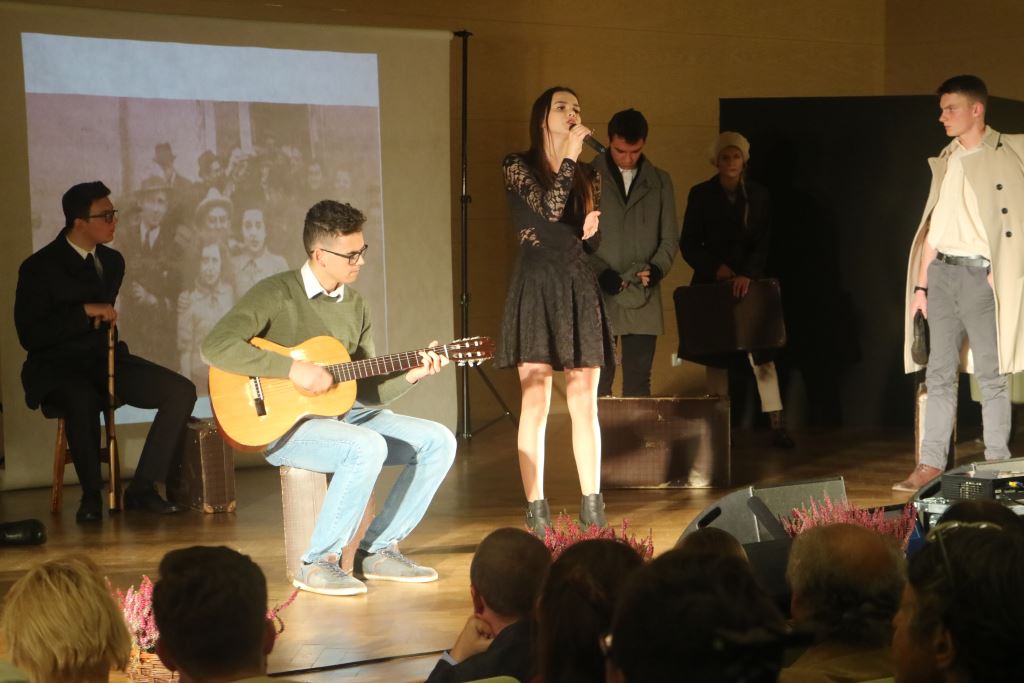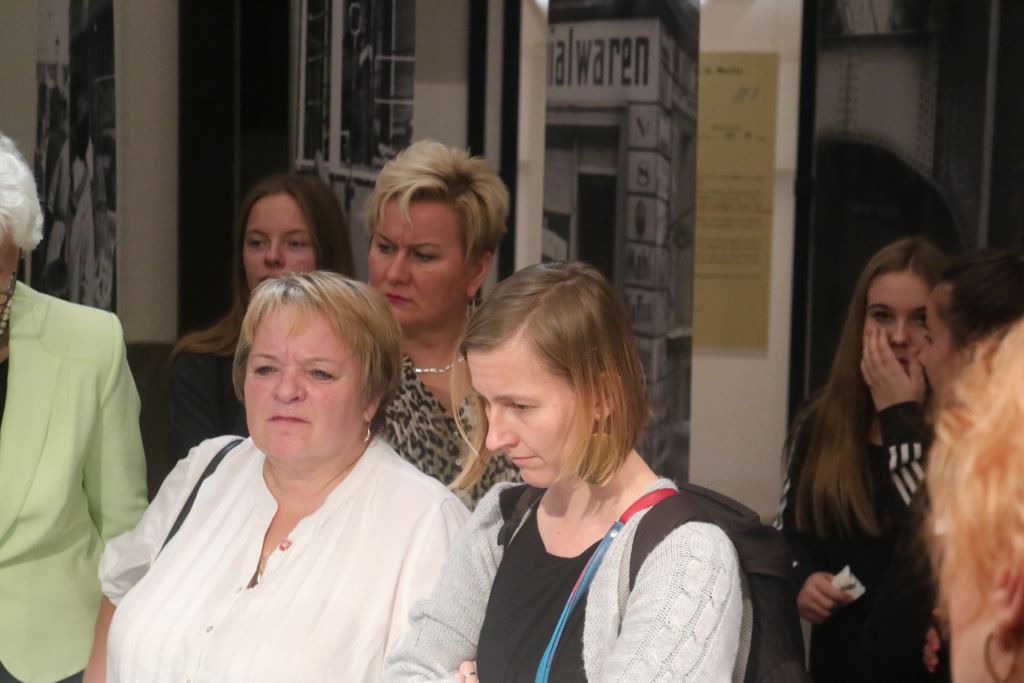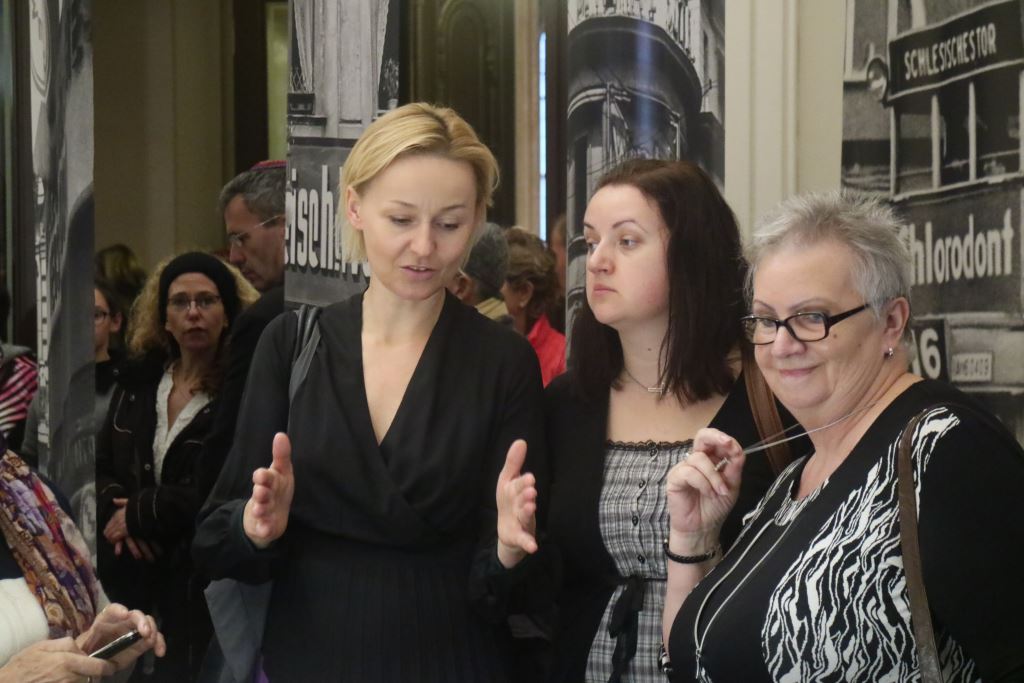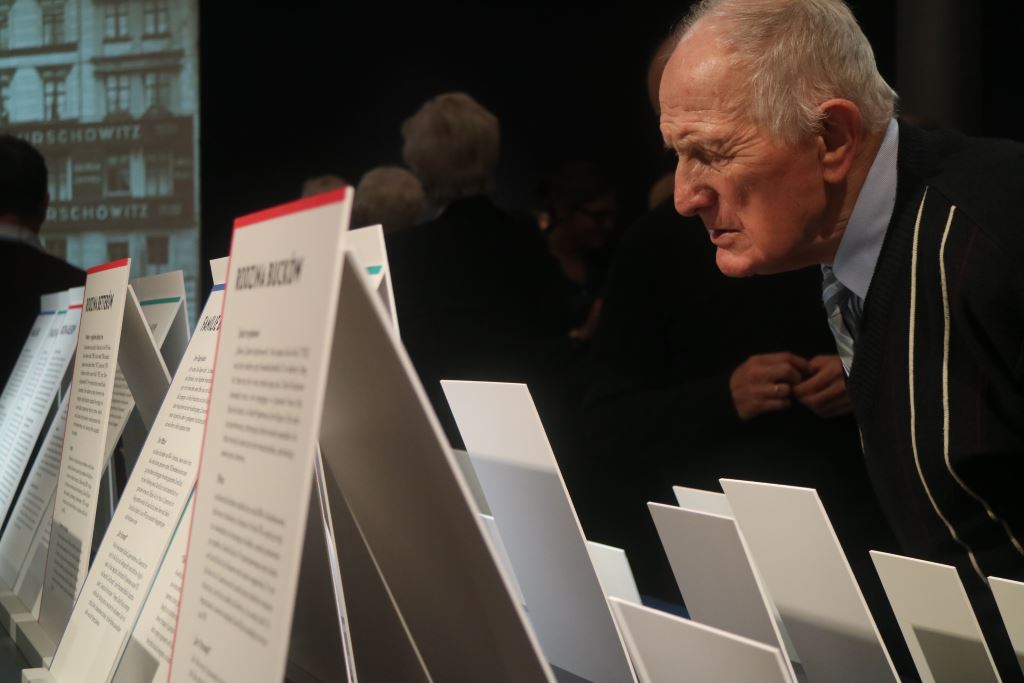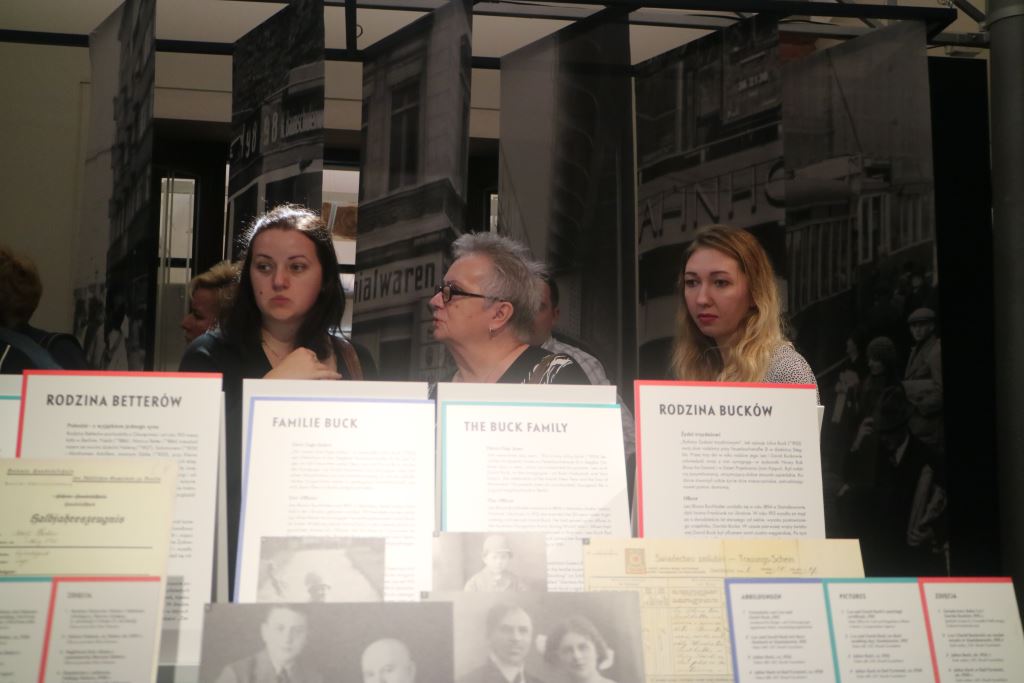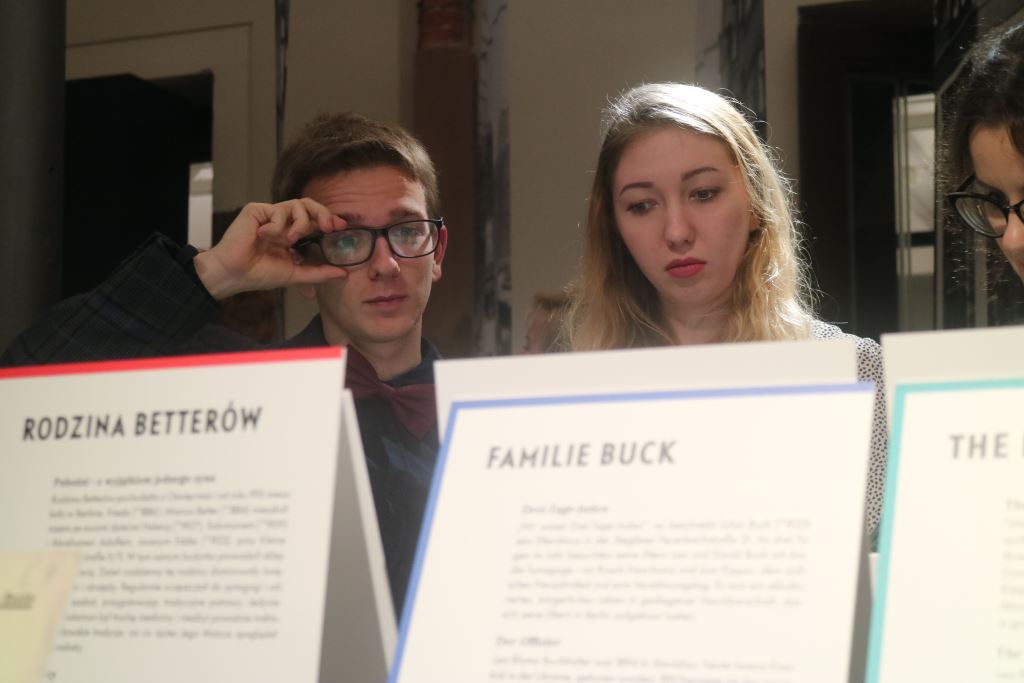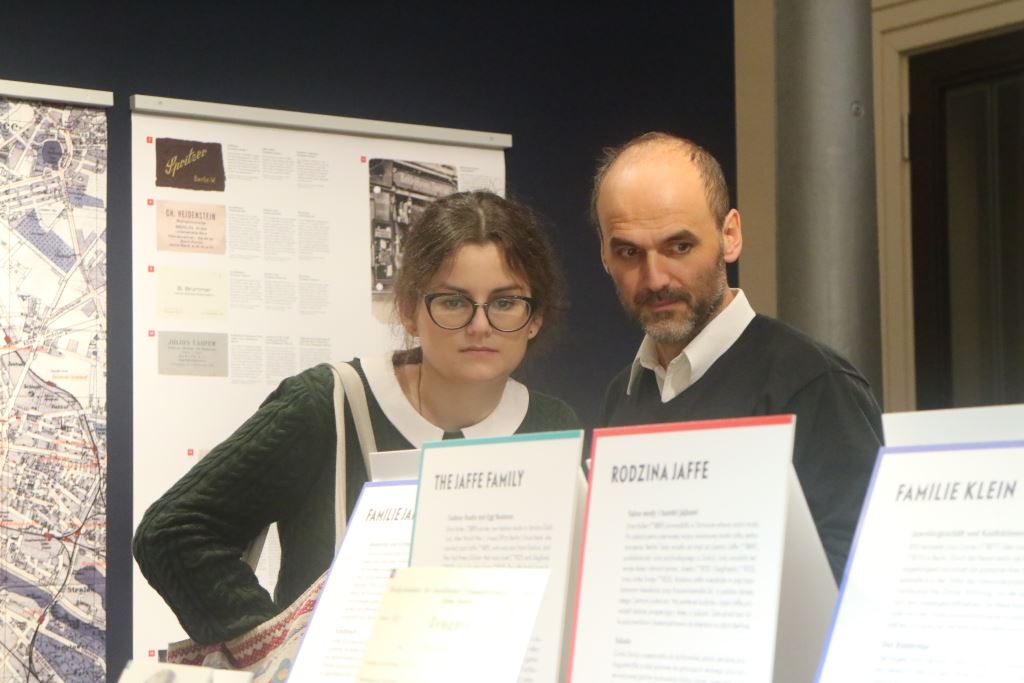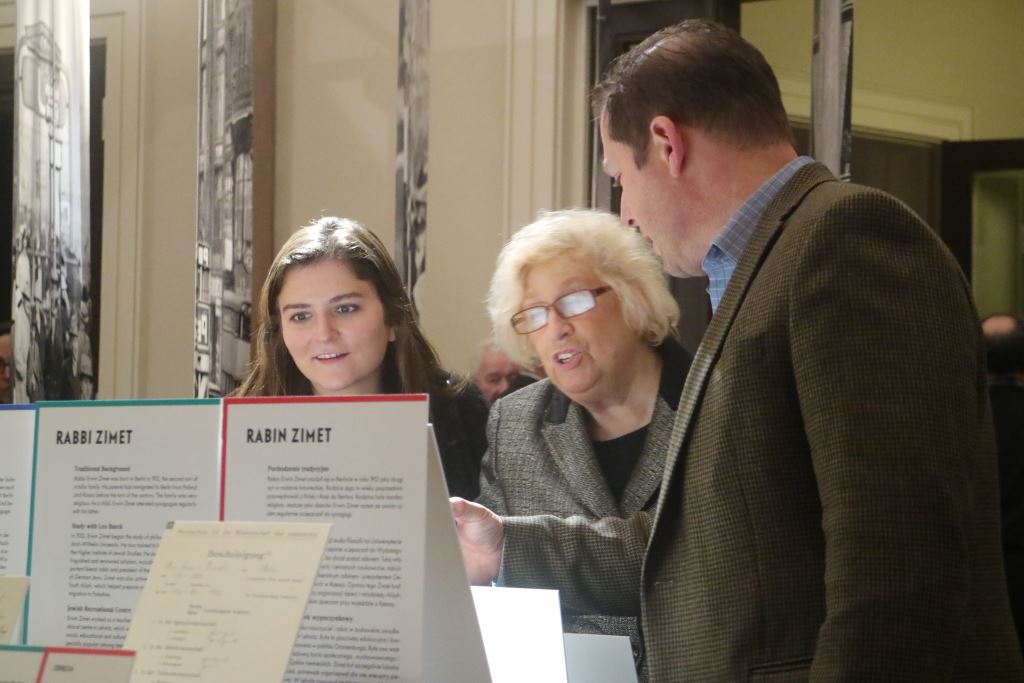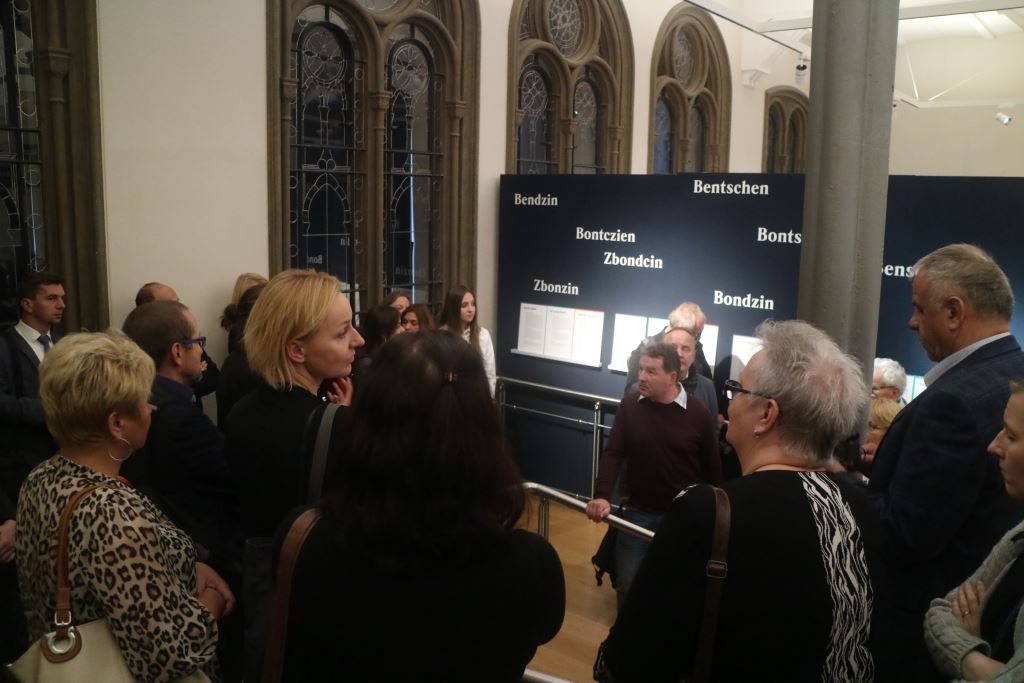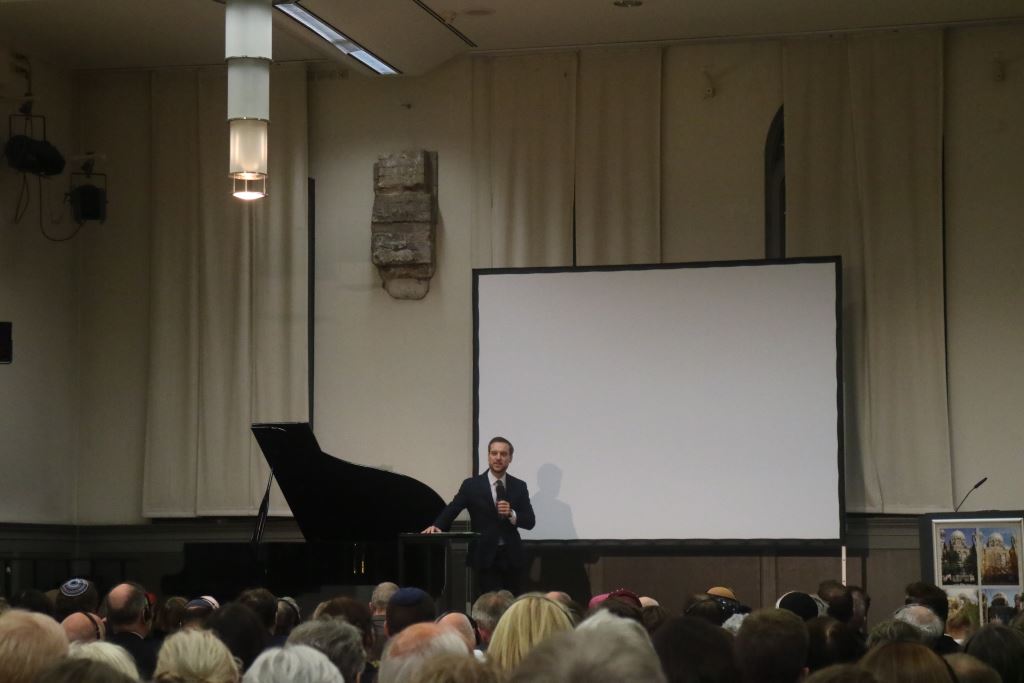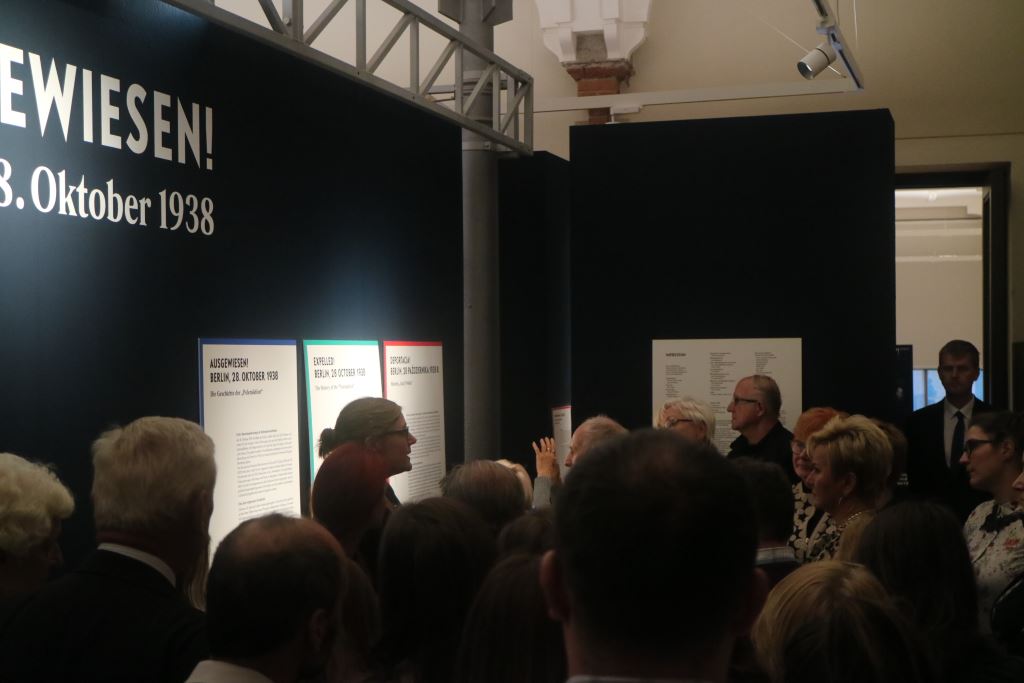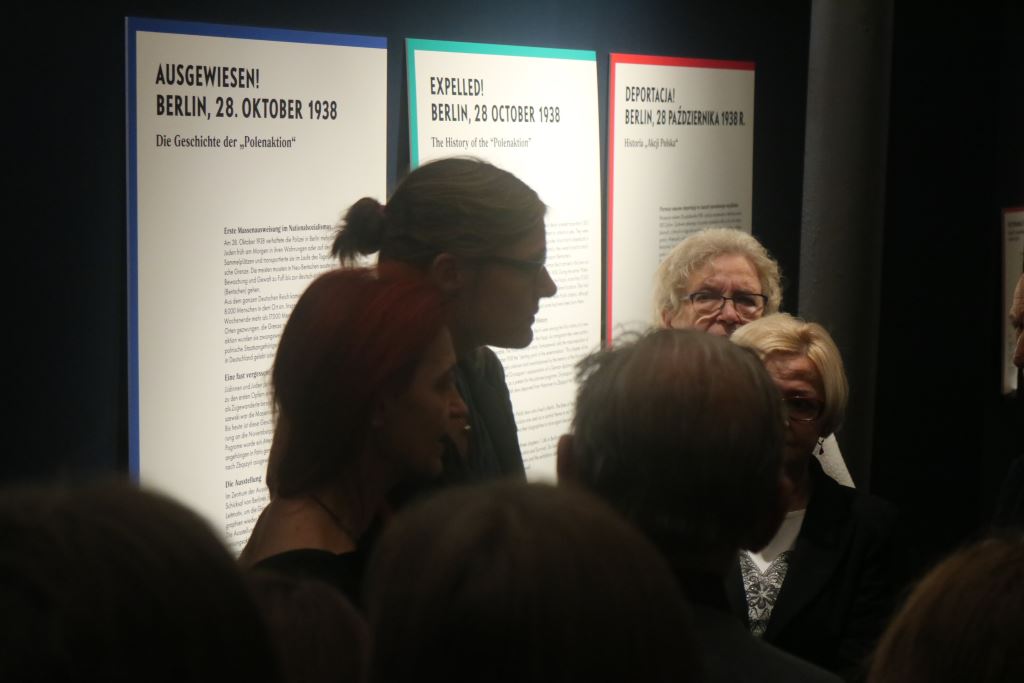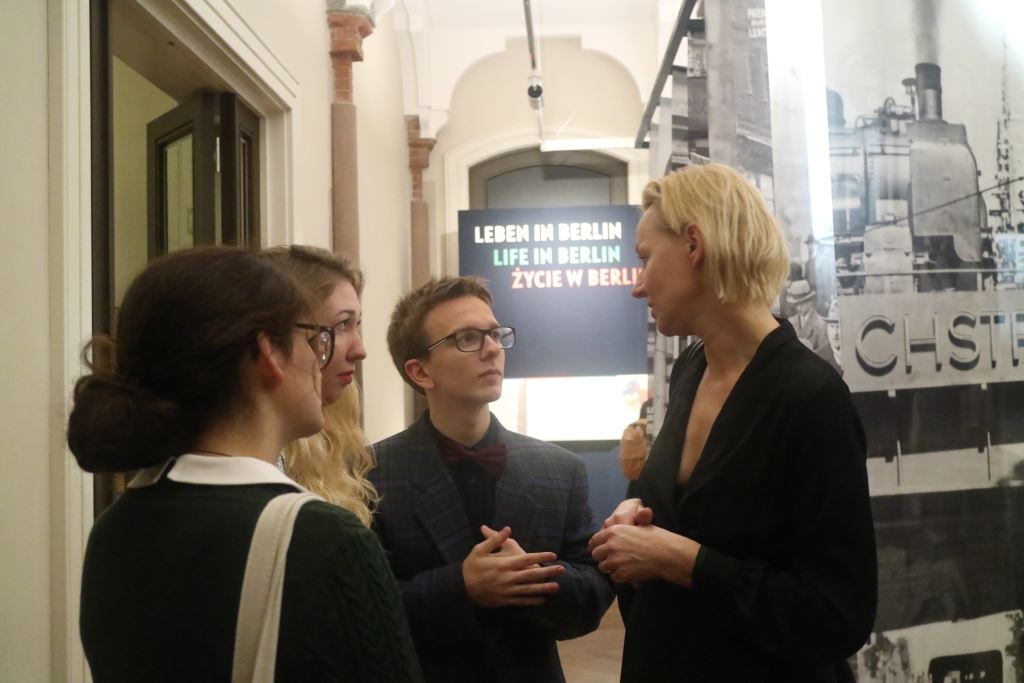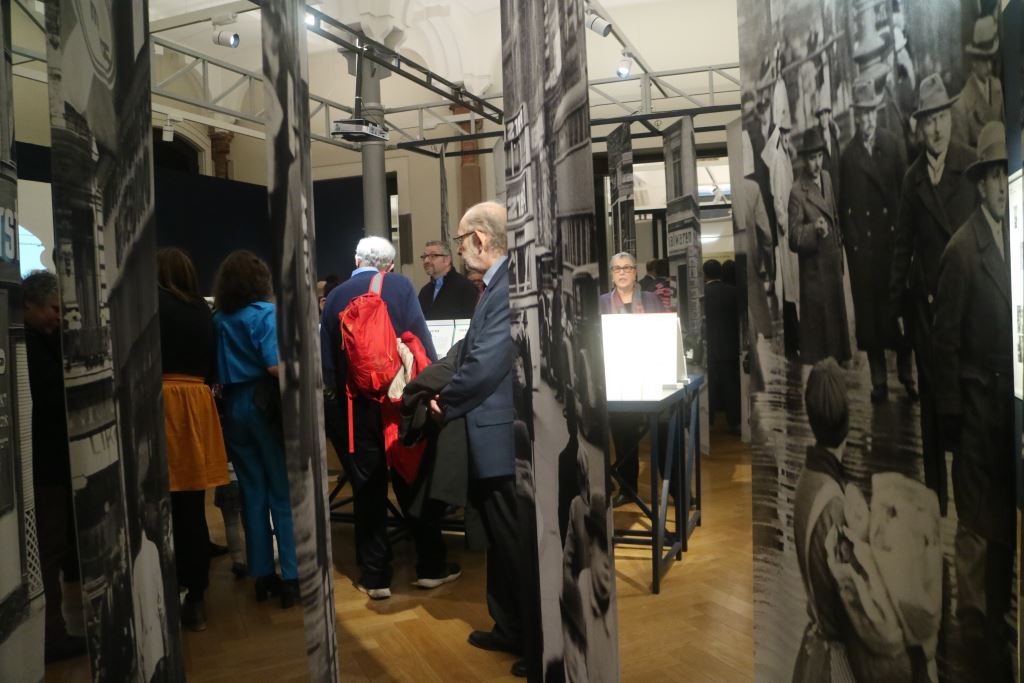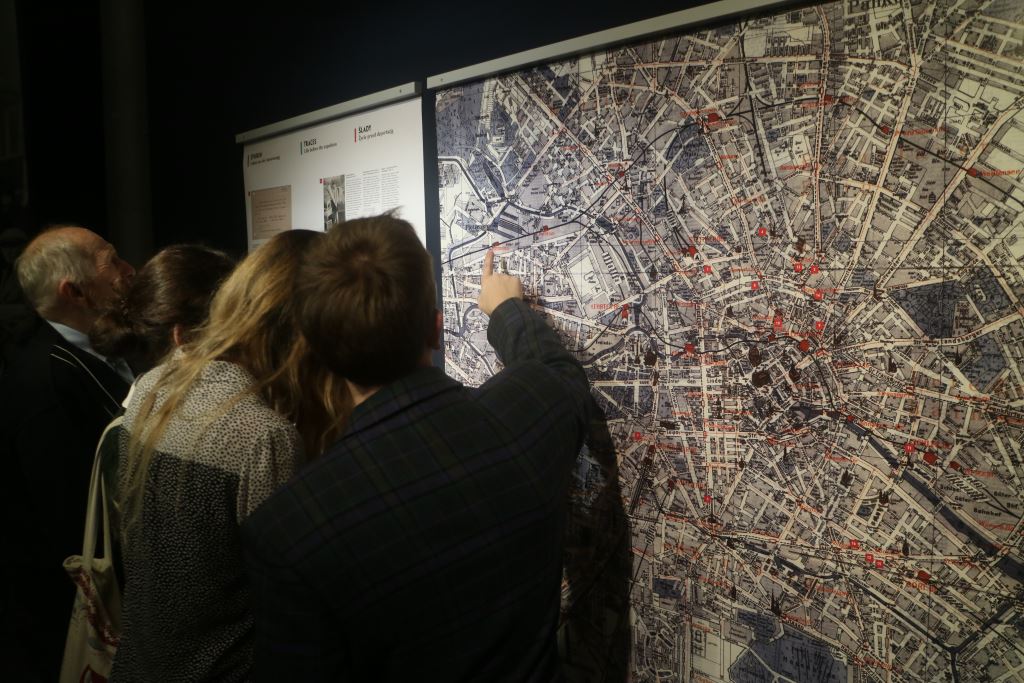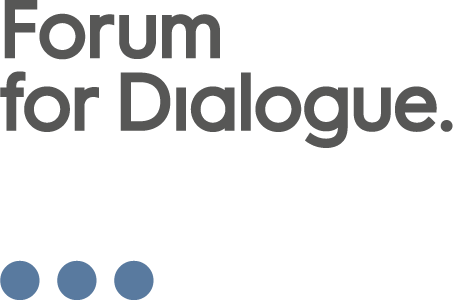Forum has introduced new funding opportunities for Leaders of Dialogue to pursue projects either aimed at establishing relations with descendants of Jews from their towns. One of the projects made possible thanks to the funding is “Zbąszyń’s Days of Open Arms”, led by Anita Rucioch-Gołek, a Leader of Dialogue from Zbąszyń. Last summer Anita conducted the first part of her project, and organized a visit of Isabella Webber, a German-born Polish Jew transported to Zbąszyń as part of Polenaktion.
When Anita learned that Berlin’s Centrum Judaicum is organizing the commemoration of Polenaktion – the very first German official ceremony marking the anniversary of those tragic events – and that Wojciech Olejniczak of Zbąszyń’s Fundacja Tres is already involved in the making of Centrum’s exhibition about the Polenaktion, she decided to broaden the scope of her project. She invited a group of the descendants of families expelled from Nazi Germany to Zbąszyń from Great Britain, Australia, and Israel to visit the town and meet the incredible group of dedicated people she collected around herself in her engagement of protecting and popularising the local Jewish heritage.
What followed that decision was a really intense day in Zbąszyń. The descendants of Zbąszyń’s refugee families arrived to see the temporary exhibition depicting the events of 1938 that was arranged in the very symbolical space of town’s railroad station. Then Wojciech Olejniczak, a real expert in town’s Jewish history and topography guided a tour of all important places connected to Polenaktion history. Among them were the houses where the refugees were temporarily placed, the post office building (one of the most important places for people stranded in town and trying to make contact with relatives), and house where Emanuel Ringelblum (a renowned Polish-Jewish historian, politician and social worker, known for his Notes from the Warsaw Ghetto, Notes on the Refugees in Zbąszyn chronicling the deportation, and the so-called Ringelblum’s Archives of the Warsaw Ghetto) stayed during his coordination of the relief efforts he conducted in Zbąszyń on the behalf of the American Jewish Joint Distribution Committee.


